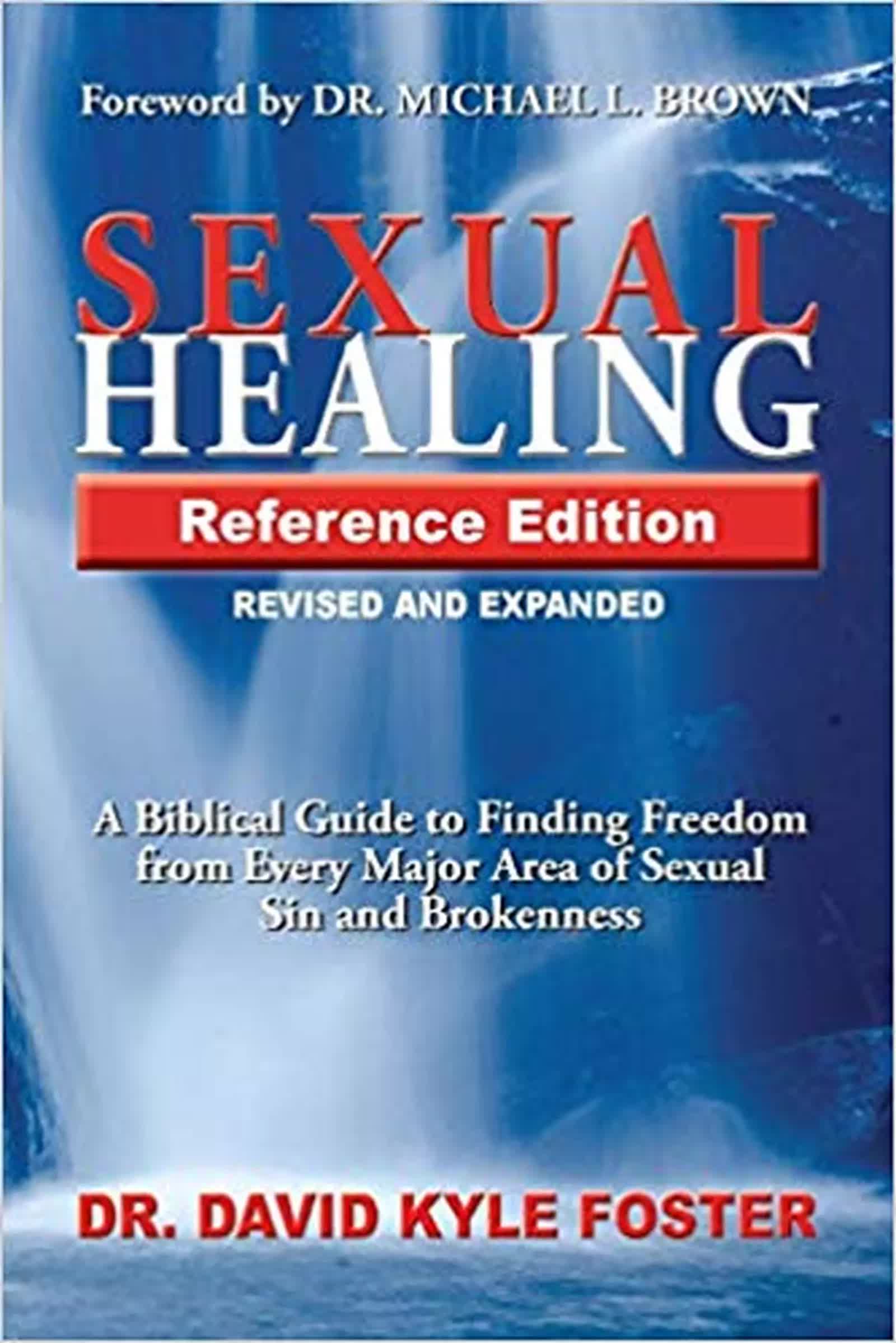Is God an Egomaniac for Asking Us to Worship and Praise Him?

Let’s get to the heart of the matter right off the bat. As finite and fallen creatures, we cast God in our own image. In such darkness, we cannot even begin to imagine the extent and perfection of His glory, His mercy and His love (see 1 Corinthians 2:9).
The fault, dear Brutus, is not in our stars, but in ourselves.― William Shakespeare, Julius Caesar
Fallen Ego is Found in Us, Not in Him
In his book, Reflections on the Psalms, C.S. Lewis observes how God’s demand that we praise Him makes Him appear, at first glance, to be “The Great Egomaniac:”
“When I first began to draw near to belief in God and even for some time after it had been given to me, I found a stumbling block in the demand so clamorously made by all religious people that we should ‘praise’ God; still more in the suggestion that God Himself demanded it. We all despise the man who demands continued assurance of his own virtue, intelligence or delightfulness; we despise still more the crowd of people round every dictator, every millionaire, every celebrity, who gratify that demand. Thus a picture, at once ludicrous and horrible, both of God and His worshippers, threatened to appear in my mind...
I did not see that it is in the process of being worshipped that God communicates His presence to men. It is not of course the only way. But for many people at many times the ‘fair beauty of the Lord’ is revealed chiefly or only while they worship Him together...
To see what the doctrine really means, we must suppose ourselves to be in perfect love with God — drunk with, drowned in, dissolved by, that delight which, far from remaining pent up within ourselves as incommunicable, hence hardly tolerable, bliss flows out from us incessantly again in effortless and perfect expression, our joy is no more separable from the praise in which it liberates and utters itself than the brightness a mirror receives is separable from the brightness it sheds. The Scotch catechism says that man’s chief end is ‘to glorify God and enjoy Him forever.’ But we shall then know that these are the same thing. Fully to enjoy is to glorify. In commanding us to glorify Him, God is inviting us to enjoy Him.”
An Invitation to Praise is an Invitation to Joy
Lewis concludes by pointing out that the praise of anything or anyone is a major cause of joy in life. And thus, God’s call to praise Him is in a certain sense an opportunity to experience the consummate joy possible for mankind.
As Lewis eventually realizes, the command to praise God is for our benefit.
In a certain sense even the question about God’s seemingly egocentric call to worship is a reflection of our own self-focus and penchant for judging the heart of the God we do not know.
In truth, we are projecting our own egocentricity through the lens of a fallen world, often as an excuse for rejecting the Beautiful One – the glorious One who created us.
Praising God Corrects the Problem of Man’s Fallen Ego
Let us fix our eyes on Jesus, the author and perfecter of our faith, who for the joy set before Him endured the Cross, scorning its shame, and sat down at the right hand of the throne of God. (Hebrews 12:2)
Praising God also humbles and refines us, repointing us to the innocent love for God that Adam & Eve enjoyed before the Fall (Genesis 3:8-19).
It re-fixes our eyes upon Him and reaffirms His glorious reality in a world that denies He even exists (Hebrews 11:6), that He is flawlessly good (Psalm 18:30), and that He is who He says He is – the one and only God and the only means of salvation (John 14:6).
Praise and worship of God overturns the lies about His character that are continuously sown by the god of this age and his world system (2 Corinthians 4:4; John 8:44; John 14:30; Ephesians 2:2; Ephesians 6:12; Revelation 9:11; Revelation 12:9-12; 1 Peter 2:11; 1 Peter 5:8).

Photo Credit: ©GettyImages/digitalskillet
Additional Powerful Benefits to Praising God
Blesses: It brings down the blessing and glory of God on our behalf (Exodus 23:25; Matthew 6:33).
Attracts: It attracts the angels, who surround and guard us (Psalm 34:7; Hebrews 1:14; 12:1; Psalm 125:2; Psalm 91:11; Isaiah 52:12).
Conquers: It is spiritual warfare, designed as a battle weapon against the forces of bondage and darkness. The prophet Jeremiah wrote: “Sing to the Lord! Praise the Lord! He rescues the oppressed from the power of evil people” (Jeremiah 20:13).
Defends: Our praise of Him as our defender in some way releases Him to defend us (Exodus 15:1-18; Psalm 10:17-18; Isaiah 51:22; Deuteronomy 10:17-18, Deuteronomy 10:21).
Unifies: It places us in union with the Church, both in heaven and earth and unifies our souls and spirits as one body (Romans 12:4-5; 1 Corinthians 12:13, 1 Corinthians 12:27; Ephesians 1:22-23; 4:25; 5:29-32).
Opens: Believing what we cannot see opens the eyes of our heart to the revelation of our purpose, the glorious inheritance that awaits us and God’s incomparably great power that is available to us when we believe (Ephesians 1:18-19).
Lifts: It lifts us up to the heavenlies, where we are seated with Christ – a buffer of faith that lessens our times of doubt and trouble and exposes the deceptions that surround us on this fallen earth (Ephesians 2:6-7).
Delivers: Sometimes, praise of God brings deliverance from suffering and healing to the body (James 5:13-14).
Why Else Should We Praise God?
Scripture instructs us to praise Him (Deuteronomy 32:3; Psalm 30:4; Psalm 33:1; Psalm 68:19; Psalm 89:1; Psalm 92:1; Psalm 103:1; Psalm 107:8; Psalm 138:5; Psalm 145:3; Daniel 2:20).
It is an honor for us (Psalm 149:9) that in some mysterious way allows us to enter His gates and His courts (Psalm 100:4).
It is our sacrifice to Him in response to His sacrifice for us on the Cross and the resulting saving grace given to those who believe in Him (Hebrews 13:15; Ephesians 1:6-8).
We praise Him for His unending and glorious attributes, such as declared by the psalmist in Psalm 106:1: “Give thanks to the Lord, for He is good; His love endures forever” and Psalm 115:1: ”to Your name give glory, for the sake of Your steadfast love and faithfulness.”
Further, it is for the glory of God, a witness to the world that reveals the “wondrous things that He has done” (Psalm 75:1).
And truly...it is the purpose of life!
You are a chosen people, a royal priesthood, a holy nation, a people belonging to God, that you may declare the praises of Him who called you out of darkness into His wonderful light. (1 Peter 2:9)
In Him we were chosen...in order that we, who were the first to hope in Christ, might be for the praise of His glory. (Ephesians 1:6, Ephesians 1:11-12)
Have you noticed that most of the benefits of praising and worshipping God are centered on His desire to bless us?
The Most Important Reason to Praise God
Because what we sing in praise and worship is true!
We have been given the gift of praise and worship because what we sing is true, and truth must be proclaimed. Not only as a corrective to the lies and deception that surrounds us today, but because of God’s great mercy toward us when we were hopelessly lost in sin.
God cannot lie. He is, in fact, the author of absolute and perfect truth (John 14:6)! He is glorious, mighty, loving, long-suffering and all of the other traits that the Scriptures attribute to Him.
He also created us and died to pay the penalty for our sins so that we could be rescued from a sentence of death (Romans 5:8). He is worthy of our praise.
He is worthy of ALL praise!
One sage wrote: “Praise is a vital part of a life surrendered to God, and it gives credit where credit is due” (Psalm 107:8). God is therefore completely justified in demanding worship.
This was my experience in coming out of great darkness, and it can be yours as well.
Dr. David Kyle Foster (M-Div, Trinity Evangelical Divinity School; D-Min, Trinity School for Ministry) is the author of Love Hunger, Transformed Into His Image and The Sexual Healing Reference Edition. You can listen to his twice-weekly podcast by going to: www.charismapodcastnetwork.com/show/purepassion.
Photo Credit: ©Pexels/Katii Bishop

Originally published December 05, 2019.





